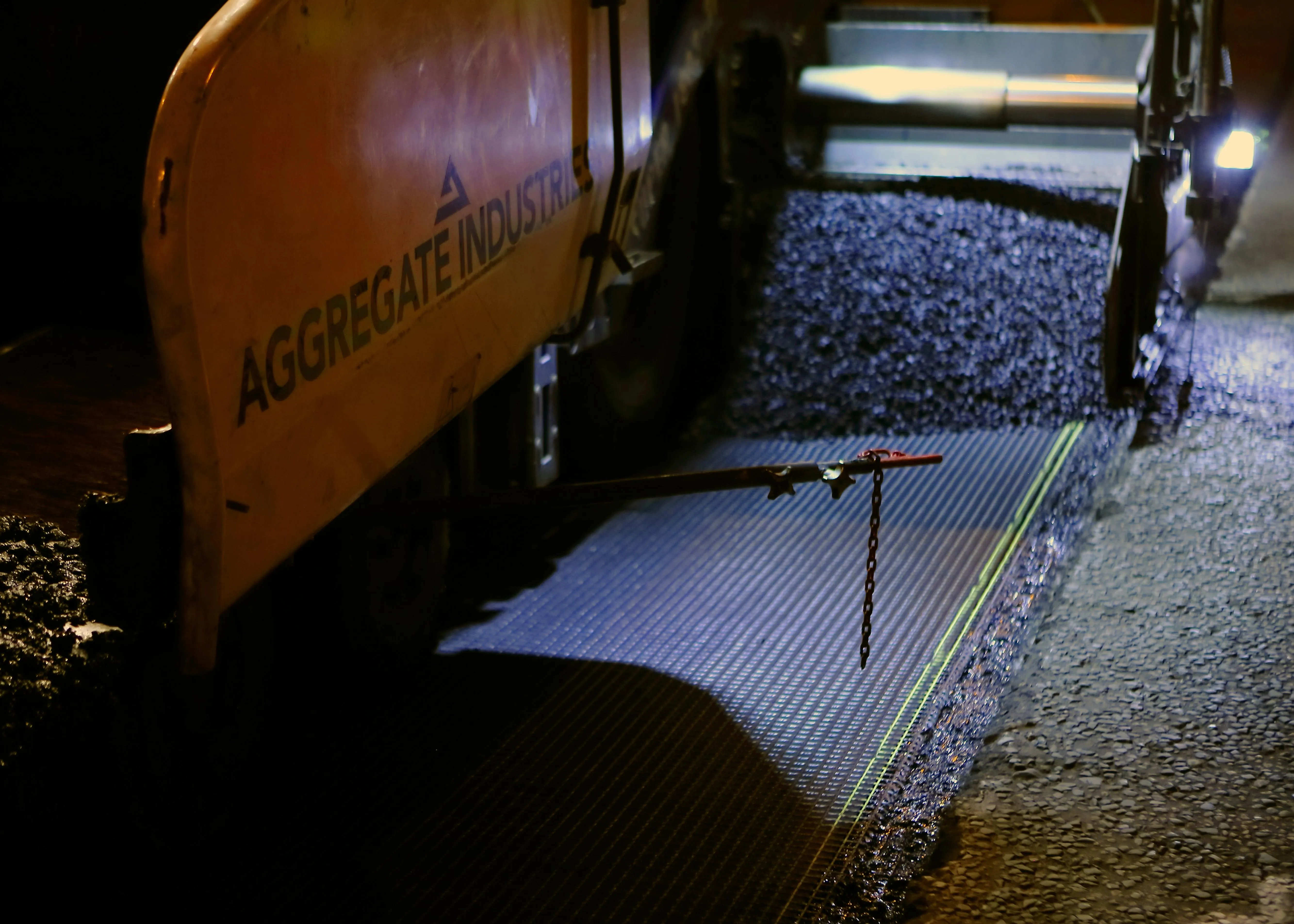Marcel Cobuz, Regional Head Europe and member of the Group Executive Committee, commented: “Our ongoing investment in key production and manufacturing assets around the UK, along with investments in the latest digital technologies and our people, will enable us to continue to deliver the most sustainable and high quality pavement solutions.”
Today’s announcement continues LafargeHolcim’s recent success in the UK, following the selection of Aggregate Industries to exclusively deliver the surfacing works for England’s largest road improvement project, the A14 from Cambridge to Huntingdon.
Over a 30 month period, Aggregate Industries will create in excess of 32km of new, multi-lane carriageway using local primary and secondary aggregate supply sources. The project will require the supply and installation of 700,000tonnes of asphalt and 500,000tonnes of cement bound granular material.
The contract was awarded after a 12 month tender process, where the company demonstrated a clear desire to deliver a world class service through close collaboration, innovative products as well as IT solutions and processes.
LafargeHolcim’s UK deal for pavement solutions
LafargeHolcim has won a major contract from Highways England in the UK. The £500 million package of works will be handled by its subsidiary, Aggregate Industries. The four year contract is to deliver pavement solutions for five of the six Major Regional Lots, under the new Category Management Framework. Under the contract Aggregate Industries will deliver asphalt and cement bound works on Highways England's Regional Investment Programme.
Marcel Cobuz, Regional Head Europe and member of the Group Executive
July 6, 2018
Read time: 2 mins
LafargeHolcim has won a major contract from 8100 Highways England in the UK. The £500 million package of works will be handled by its subsidiary, 2297 Aggregate Industries. The four year contract is to deliver pavement solutions for five of the six Major Regional Lots, under the new Category Management Framework. Under the contract Aggregate Industries will deliver asphalt and cement bound works on Highways England's Regional Investment Programme.








